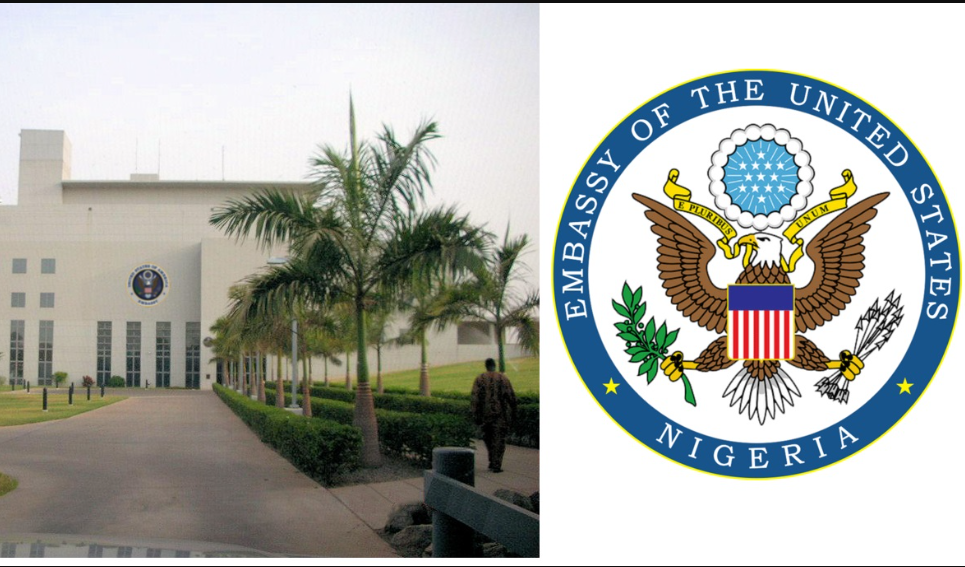US visa ban on electoral offenders
The United States of America recently imposed a visa ban on some Nigerians believed to have committed electoral malpractices. Though the list has not been made public, other countries, such as the United Kingdom, are also preparing to impose a similar ban on some Nigerian politicians. Because elections in Nigeria are sponsored by foreign organisations […]

The United States of America recently imposed a visa ban on some Nigerians believed to have committed electoral malpractices. Though the list has not been made public, other countries, such as the United Kingdom, are also preparing to impose a similar ban on some Nigerian politicians.
Because elections in Nigeria are sponsored by foreign organisations and governments, including those of the US and the UK, it is within their right to take a stance on people suspected to have compromised the process of free and fair elections.
Where numerous elections have been quashed by courts over irregularities, sadly the persons behind these irregularities have not been prosecuted according to the laws. Ever since the return to democracy in 1999, no single politician has been arrested or even prosecuted for electoral offences, provisions for which exist in the 2010 Electoral Act.
The electoral act provides for a maximum penalty of 12 months imprisonment with options of fines for a grievous crime as perpetrating electoral malpractice. This cannot legitimately compensate for the resources and time expended in the conduct of those elections. These penalties are in no way deterrents for such offenders.
It is such paper-weight punishments that have seen violent conducts during elections, such as the burning to death of Salome Abah in election-related violence during the 2019 Kogi gubernatorial elections, the massive acts of violence witnessed during those elections in Kano, Ondo and other places which have gone unpunished.
We recall that 23 INEC staff members were presented in court for allegedly collecting N360 million bribe to influence the December 10, 2016 legislative re-run elections in Rivers State. The trial is yet to be concluded while not one single politician who offered these bribes has been docked as per the provision of Section 124 of the 2010 Electoral Act.
Such irregularities and disregard for the electoral laws have made the visa ban on politicians suspected of such offences welcomed by Nigerians. The Nigerian government needs to be more stringent in the application of electoral offences laws, following a substantial review, to make the punishments serve as deterrents for electoral offenders.
We also recommend that the government should look again at the Justice Muhammadu Uwais-led committee’s report on means to enhance elections in Nigeria.
That report, submitted on December 11, 2008, among other things, recommended the establishment of a commission to deal with electoral offences, constituency delimitations and political parties registration and regulations.
However, a commission to prosecute electoral offenders, as recommended by the committee, may result in duplication of duties. We therefore, advocate that the appropriate agencies or departments be empowered to investigate electoral offences, prosecute offenders as well as enforce their ban from election-related activities for a recommended period.
We are aware that the present administration had in 2017 set up the Ken Nnamani committee on electoral reforms, which recommended, among others, the automation of voters’ data, use of smart card readers, a cap for election campaign spending and capacity building for electoral officials and judges sitting on election cases.
It is time to pay full attention to the rigorous implementation of such and other recommendations to strengthen our electoral process. The best legacy this government can leave for Nigeria is a credible electoral process with mechanisms put in place to ensure that the system works irrespective of individuals involved.
The visa ban imposed by the US and the one being considered by the UK for electoral offenders imply the need for Nigeria to clean its house rather than wait for foreign governments to point at the dusty cobwebs fluttering in the corners of our room.
